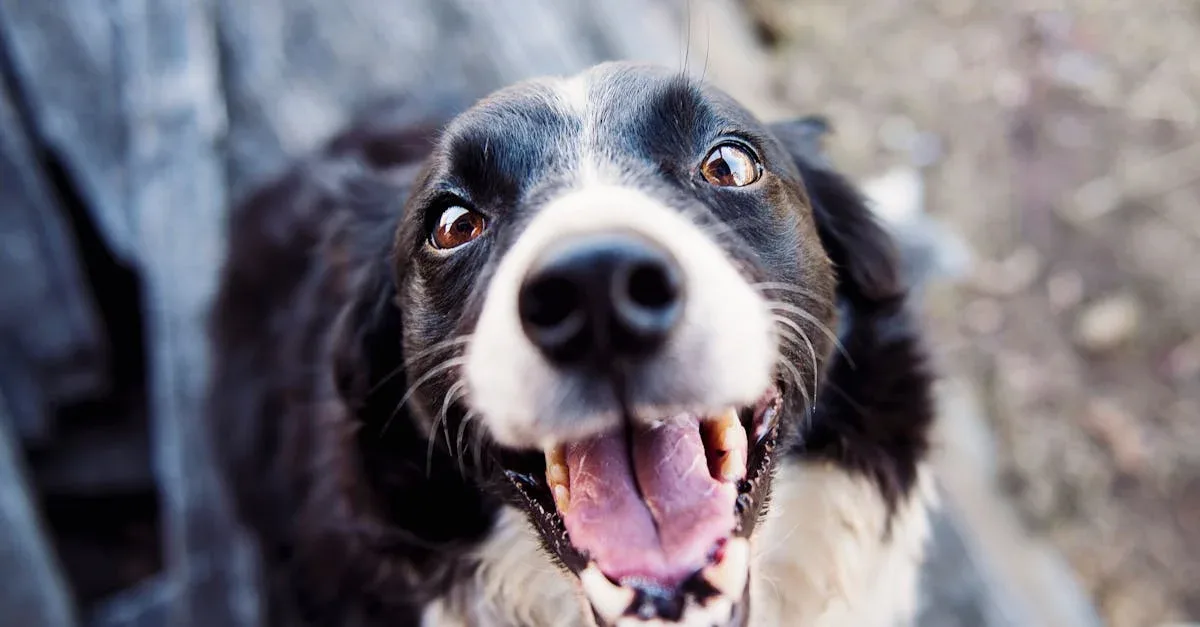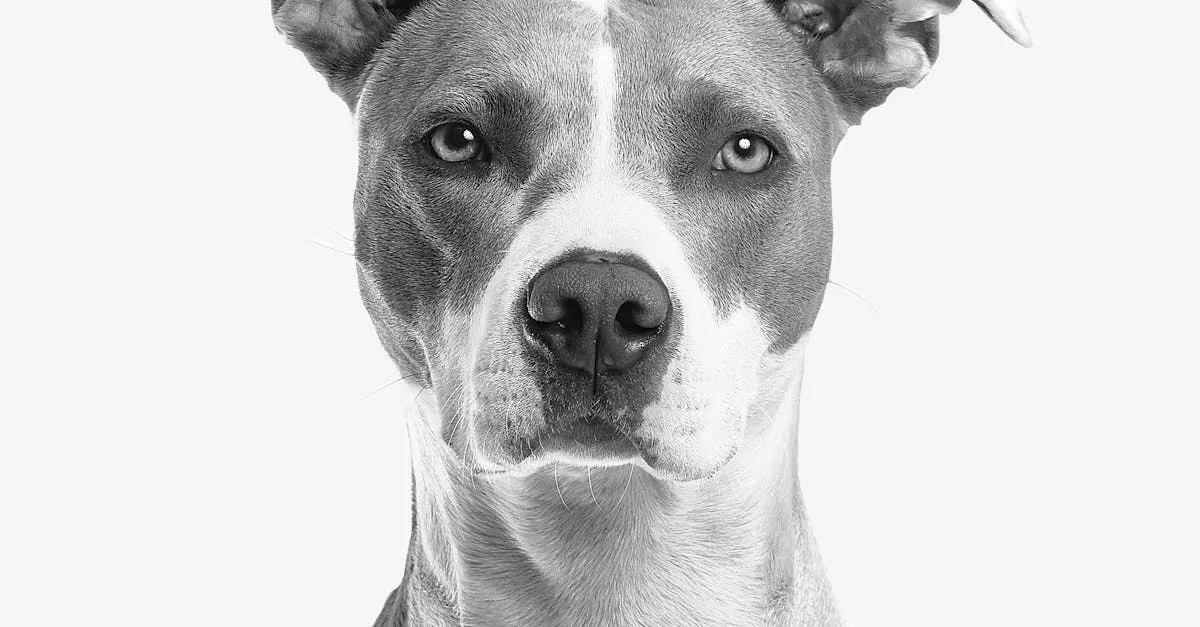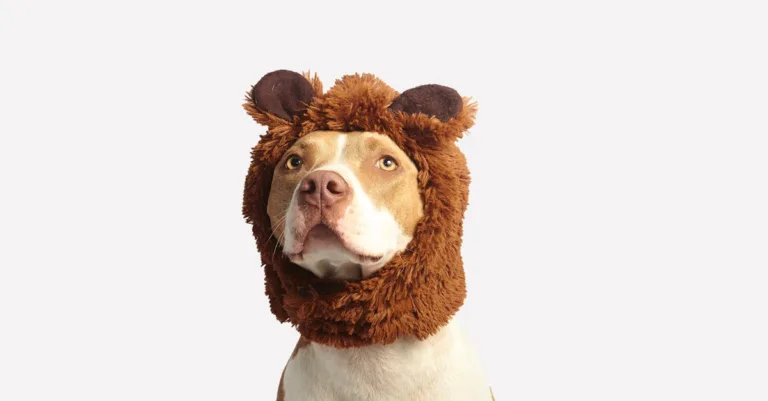Every dog is unique, bringing its own personality and needs to the table. As a responsible pet owner, understanding the specific requirements of your furry friend is essential. Whether you have a playful Beagle or a dignified Great Dane, tailoring your approach to their care can ensure a happier and healthier life. In this article, we’ll explore dog care for different breeds and provide key insights that can help you cater to the specific needs of your beloved canine companion.
Main Points
- Recognizing breed-specific traits and behaviors.
- Implementing an appropriate diet for each breed.
- Establishing a tailored exercise routine.
- Understanding grooming needs based on coat types.
- Monitoring health concerns related to specific breeds.

Understanding Breed-Specific Needs: Why Tailored Care Matters
Dog care is not a one-size-fits-all approach. Different breeds possess unique physical and behavioral characteristics that require tailored attention. Understanding these nuances is crucial for responsible pet ownership. Here are some key points to consider:
- Grooming needs: Breeds with long fur often require regular grooming to prevent matting.
- Dietary differences: Some breeds have specific nutritional requirements to maintain their health.
- Exercise routines: Active breeds may need more vigorous exercise to satisfy their energy levels.
Neglecting to address these breed-specific requirements can lead to health issues. Therefore, investing time in learning about your dog‘s needs pays off in the long run.

The Importance of Nutrition: Crafting a Diet for Your Dog’s Unique Requirements
Nutrition plays a pivotal role in your dog’s overall well-being. Crafting a diet tailored to their unique requirements is essential. A well-balanced meal can enhance energy levels, improve coat health, and promote longevity. Each breed has distinct needs; thus, understanding Dog Care for different breeds is vital. For instance, large breeds often require different nutrient ratios compared to smaller ones. Regularly consulting with a veterinarian ensures that your furry friend receives the best dietary plan specific to their lifestyle.
Grooming Tips for Every Breed: Maintaining Health and Appearance
Grooming is not just about aesthetics; it plays a crucial role in your dog’s overall health. Different breeds require specific attention. For instance, long-haired dogs often need daily brushing to prevent mats, while short-haired breeds may only require weekly grooming. Regular nail trimming is vital, regardless of the breed, to avoid discomfort and mobility issues. Furthermore, ensuring proper cleaning of ears can prevent infections, particularly in breeds prone to such issues. Ultimately, a personalized grooming routine keeps your furry companion happy and healthy.
Why Grooming Matters
Grooming is a way to bond with your dog. It helps in checking for lumps, bumps, or skin irritations that might go unnoticed otherwise. Moreover, establishing a routine not only maintains your dog’s appearance but also enhances their well-being. Remember to use the right tools suited for your specific breed and consult with your veterinarian for tailored advice. After all, a well-groomed dog is a happy dog and reflects their owner’s care.
Exercise Essentials: Finding the Right Activity Levels for Your Dog
Ensuring your dog receives the proper exercise level is crucial for their overall health. However, determining the right balance can be challenging. Different breeds have distinct needs, and some may require more activity than others. Moreover, factors like age, weight, and temperament all influence their exercise requirements. Here, we outline essential points to consider:
- Understand your dog’s breed: Each breed has its individual energy levels. For instance, working breeds like Border Collies thrive on vigorous activity.
- Monitor signs of fatigue: Watching your pet during playtime is vital. If they tire quickly, it may indicate that you’re over-exercising.
- Adjust activity levels based on age: Puppies might be more energetic, yet older dogs typically need gentler walks.
Finding the right mix of play and rest will keep your furry friend happy and healthy, fostering a long-lasting bond between you.
Preventive Health Care: Vet Visits and Vaccinations by Breed
Proper Dog Care for different breeds is essential for maintaining your furry friend’s health. Each breed has unique characteristics that can influence their health needs. Regular vet visits play a crucial role in identifying potential issues early on. Additionally, vaccinations tailored to your dog’s specific breed can prevent serious diseases. While general guidelines exist, understanding the distinct requirements of your dog’s breed enhances their health and happiness. Therefore, consult with your veterinarian to ensure your pet receives personalized care based on their breed.
Training Techniques for Different Breeds: Enhancing Bonding and Obedience
Effective dog care for different breeds starts with understanding the unique traits of each breed. For instance, herding dogs thrive on structure, while toy breeds may respond better to play-based training. This diversity necessitates a tailored approach, ensuring that training techniques enhance bonding and reinforce obedience.
“The bond between a dog and its owner is built on trust and understanding.”
Ultimately, patience and consistency are key. Whether it’s positive reinforcement or clicker training, adapting your methods to each breed’s needs fosters a loving and obedient relationship.
Conclusion
In conclusion, understanding the diverse needs of various dog breeds is essential for providing the best care possible. Each breed has unique characteristics and requirements, which makes tailored care not just beneficial but necessary. By being attentive to these specifics, we can enhance the well-being of our canine companions. Moreover, this knowledge fosters a deeper bond between pets and their owners. Caring for different breeds isn’t just about meeting their basic needs; it’s about recognizing their individuality and celebrating it. Ultimately, informed dog care for different breeds ensures that every furry friend receives the love and attention they truly deserve.
Frequently Asked Questions
What are the basic grooming needs for different dog breeds?
Different dog breeds have varying grooming needs. Long-haired breeds like the Afghan Hound require regular brushing to prevent mats, while short-haired breeds like the Beagle may need only occasional brushing. It’s important to research the specific grooming requirements of your dog’s breed.
How much exercise does my dog need based on its breed?
Exercise needs vary widely among breeds. Active breeds like Border Collies typically require at least 1-2 hours of exercise daily, while smaller or less active breeds like Bulldogs may only need 30 minutes to an hour. Understanding your dog’s breed characteristics will help you provide adequate exercise.
What dietary considerations should I have for my dog’s breed?
Different breeds may have specific dietary needs based on their size, age, and health status. For example, large breeds may require diets formulated for slow growth to prevent joint issues, while small breeds may need more calorie-dense foods. Always consult your veterinarian for tailored dietary advice.
Are there breed-specific health concerns I should be aware of?
Yes, many breeds are prone to specific health issues. For instance, German Shepherds are known for hip dysplasia, while Bulldogs might suffer from respiratory problems. Regular veterinary check-ups and being informed about breed-specific health concerns are crucial for prevention and treatment.
How can I socialize my dog effectively based on its breed?
Socialization is important for all dogs, but some breeds may require more intensive socialization efforts. Breeds that are naturally more reserved, like Shiba Inus, may need gradual exposure to various environments, people, and other pets. Positive reinforcement techniques during socialization can help build your dog’s confidence.

